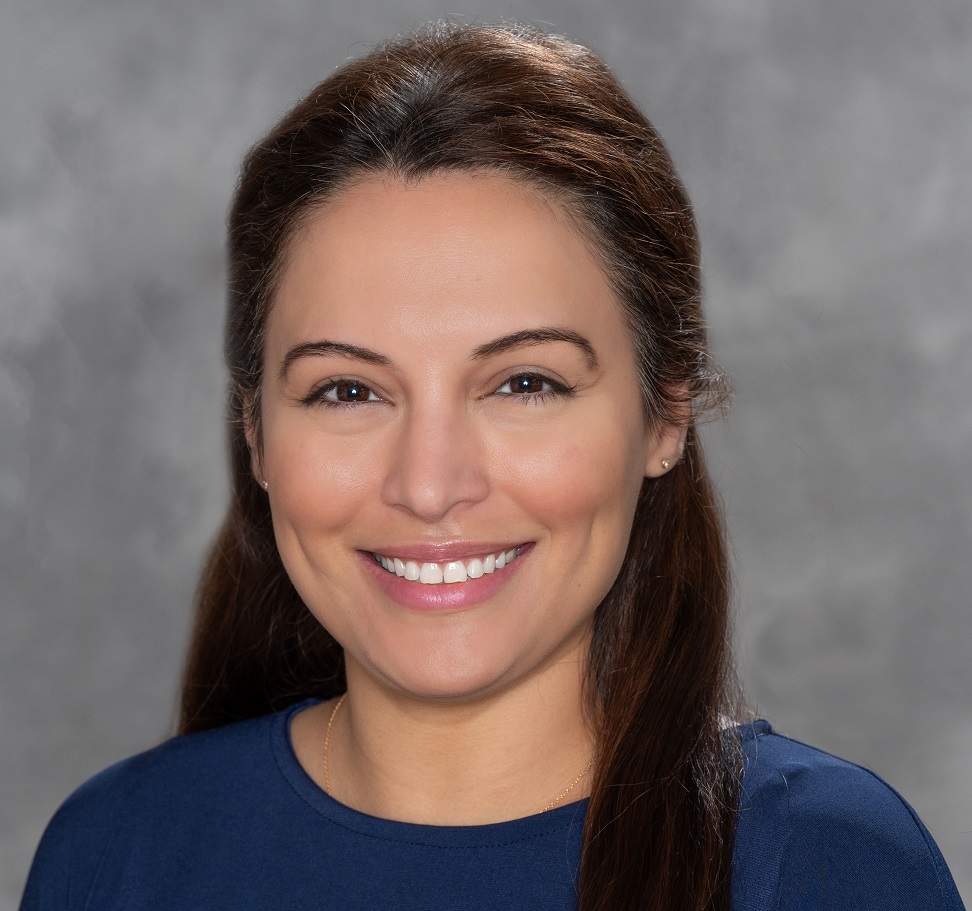
In recognition of National Hispanic Heritage Month (15 September-15 October), the American Meteorological Society is spotlighting the amazing careers and contributions of a few of our Latinx/Hispanic community members.
This week, we hear from Dr. Maria J. Molina!
What is your current work? Can you tell us a bit about it?
I am currently an Assistant Professor at the University of Maryland in College Park. One of my favorite parts of my job includes conducting research with graduate and undergraduate students, where we use machine learning to answer questions we have about weather and climate. I also get to teach courses like Physical Meteorology and Neural Networks for the Physical Sciences, both of which are really fun!
What was an important moment in your early career?
My years spent at the National Center for Atmospheric Research as an Advanced Study Program (ASP) postdoc and a project scientist were critically important for my career. During my time there, I gained confidence in myself as a scientist through the realization that it’s totally fine to not know things, and that we can always learn and grow at any age. I was able to see world-class scientists say, “I don’t know how to do that,” and then ask others for help, building professional collaborations and learning along the way. This is such a rewarding part of being a scientist; plus, it makes for a much more inclusive work environment.
What is something you’re proud of professionally?
By far, the professional experience I am most proud of is seeing students grow as researchers and critical thinkers. It is immensely rewarding when students start resolving their own software and methodology hurdles, and start coming up with research questions and ways to answer them on their own.
Are there ways in which your Hispanic/Latinx heritage has influenced or enriched your career?
Most definitely. As a Hispanic/Latinx immigrant that experienced extreme weather events growing up in South Florida, I empathize with vulnerable communities that experience extreme weather, oftentimes having to navigate complex decisions with language and cultural barriers. It has helped me appreciate the work done by social scientists and keep the human component of the Earth systems in mind as I conduct my research.